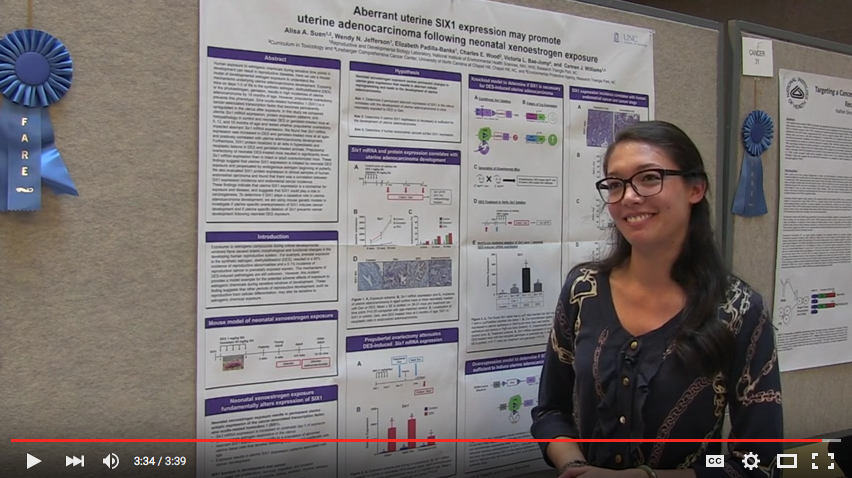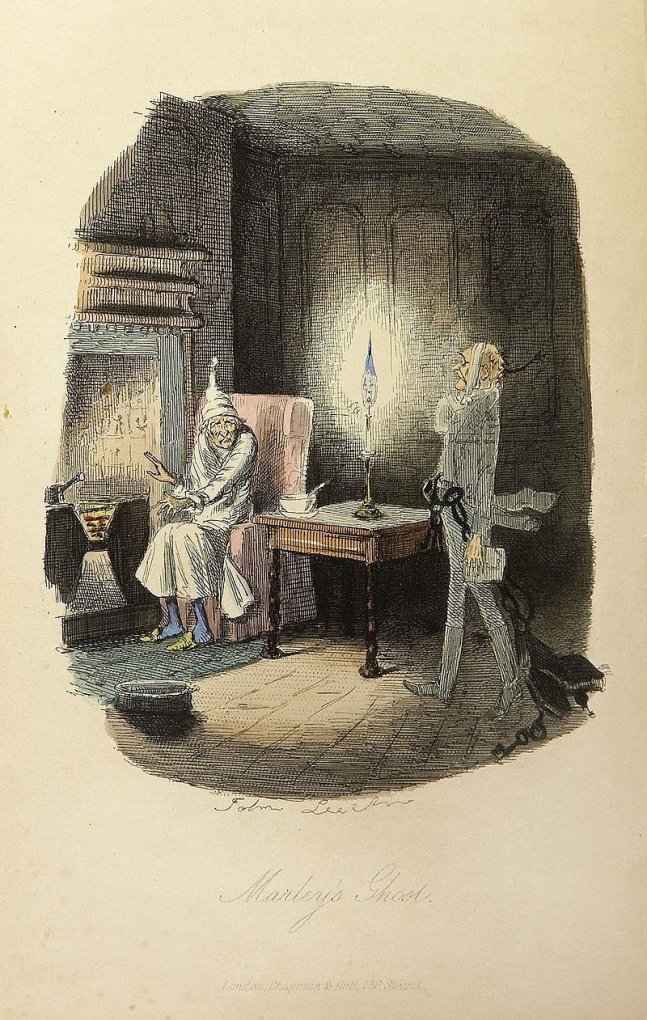IRP’s Shannon Zenk Elected to the National Academy of Medicine
Nursing Research Leader Sheds Light on How Neighborhoods Influence Health
When you think about public health, city planning might not be the first thing that comes to mind. Yet where we live — the quality of the buildings, the availability of places to walk and play safely, and the types of schools and stores in the neighborhood — can profoundly affect our health. This relationship has been emphasized by the COVID-19 pandemic, as close, stuffy living conditions, the need to take public transportation to essential jobs, and inequities in access to testing and vaccination sites all contributed to the larger reduction in life expectancy for Black and Latino Americans compared to Caucasians over the last two years.
Shannon N. Zenk, Ph.D., M.P.H., R.N., F.A.A.N., Director of the National Institute of Nursing Research (NINR), was elected to the National Academy of Medicine in 2021 for her research into how neighborhood characteristics affect the health of residents and contribute to the health disparities seen between communities with different racial and ethnic makeups and different levels of income.








